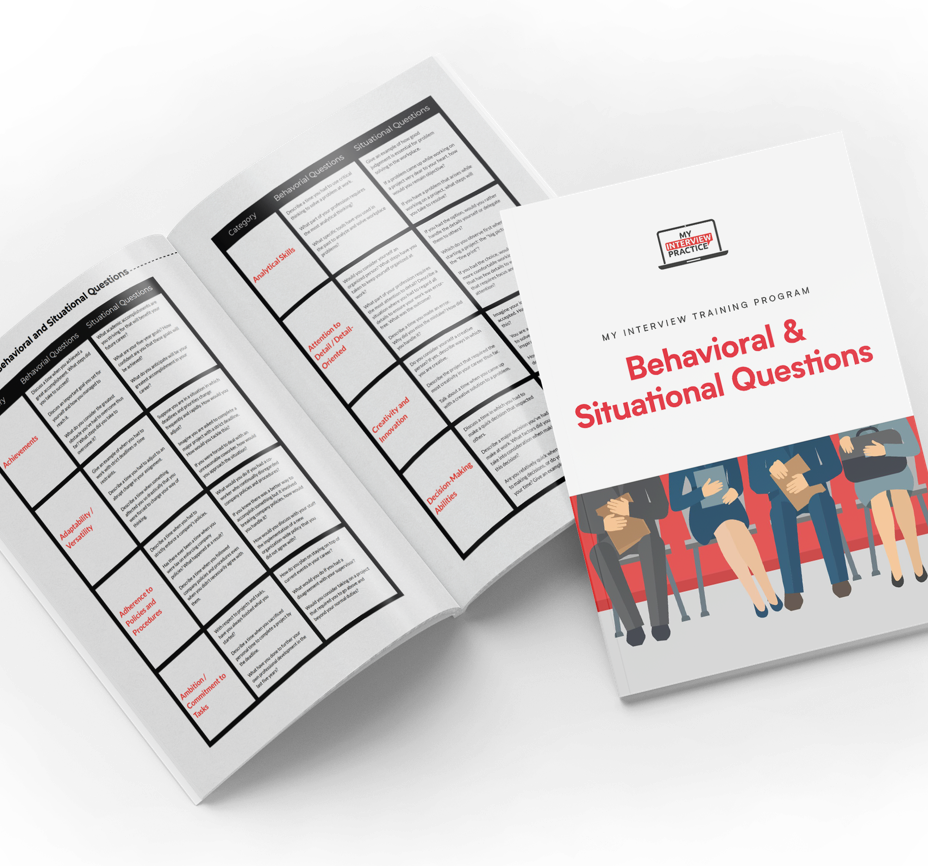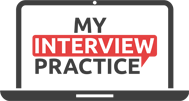Behavioral Interview Questions About Achievements

Introduction
Are you proud of what you have achieved in life or your career? That’s great! But are you prepared to discuss your achievements during a job interview? Many candidates aren’t.
This article will help you get ready for behavioral questions that address your achievements, accomplishments, ambitions, and overall ability to set and achieve goals. Knowing how to correctly respond to these types of questions will help you communicate your qualifications and convince the interviewer that you are the right candidate for the job.
Behavioral Questions
Questions about your past achievements or accomplishments are a specific type of behavioral question. Behavioral questions explore how you reacted to situations in your past positions and indicate what you will do when faced with similar challenges in the future. You can identify behavioral questions when the interviewer starts the question with something like, “Tell me about a time …”
Questions About Your Achievements
Interviewers will ask questions about your past achievements for several reasons. First, they want to confirm you have accomplished important goals in your previous positions. This is a good indicator that you are goal oriented and take pride in your accomplishments. Second, they seek to understand your significant achievements and whether they align with the mission and objectives of their organization. Finally, discussing your achievements provides them with a sample of your communication skills
How to Answer Achievement-Related Behavioral Questions
Questions about your achievements will address common topics which include your accomplishments, times when you overcame challenges, and important goals you set and attained during your career. For assistance pin-pointing your achievements, accomplishments, and strengths look here.
When asked about your past achievements or times when you accomplished a goal, your answers should align with the job requirements for which you are interviewing. This helps the hiring manager visualize you doing the job and helping the organization accomplish its business objectives.
The best way to respond to a behavioral question is to frame your answer using the STAR format. This enables you to create a story that helps the interviewer picture how you address challenges or achieve a goal once you are hired.
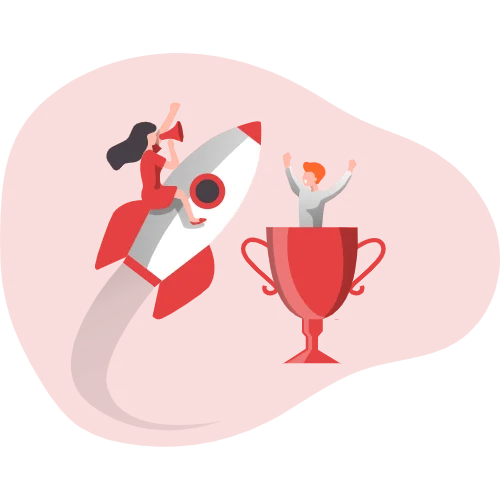
The STAR Format uses the following framework:
Situation – Briefly describe the situation which addresses the question. Make sure the situation is related to a significant achievement you accomplished in a previous position.
Task – Summarize the task or goal you needed to achieve.
Action – Talk about the actions you took to accomplish the goal. The actions should describe the steps you took to achieve the goal and should be related to the job you are applying for.
Results – Discuss the results you achieved and the impact they had on the organization. The results should demonstrate your ability to achieve a specific goal or objective and how it helped the organization make money, save money, or save time.
When preparing for an interview, you should anticipate these types of questions and have your STAR story ready. The stories you relate should be relevant to the position for which you are interviewing so they resonate with the hiring manager. They should also focus on your achievements, not those of the team. Preparing your stories in advance and rehearsing them before the interview will give you confidence. It will also enable you to respond to the interviewer’s questions by providing compelling examples of your achievements.
Behavioral Questions About Achievements
Here are some examples of achievement-based behavioral questions you can anticipate during an interview, the rationale behind them, and an example of how you can respond to them.

Question: Tell me about a time when you set a goal and achieved it.
Explanation: The purpose behind this question is to determine if you’re the type of person who can set and achieve goals. Some people work in their position by addressing daily tasks but not working toward a specific goal or objective. Others will set goals but then fail to achieve them due to a lack of focus or distractions which occur on the job. Hiring managers want to ensure you can set a goal and then achieve it. Your answer to this question should demonstrate both characteristics.
Example: “(Situation) Early in my career, I determined that I did not have the appropriate skills or knowledge needed to advance within my profession. (Task) I decided to return to college and obtain a master’s degree to overcome this deficit. I set a goal of achieving my degree within two years. (Action) I attended classes at night and on the weekends and finished my degree in only 18 months. (Results)This gave me the skills I needed and enabled me to apply for and obtain more senior positions in my organization.”
Question: What do you believe has been your greatest achievement during your career?
Explanation: An interviewer will ask this question for several reasons. First, they are genuinely interested in your greatest achievement. They want to understand what you achieved, how you achieved it, and whether the achievement is relevant to the job for which they are interviewing you. This also allows them to learn about your communication style and your willingness to talk about yourself positively. Keep this in mind when responding to the interviewer’s question.
Example: “My greatest achievement during my career so far was when I was able to resolve an issue that saved my organization several million dollars. During my last job, the company noticed visitors to our web site would begin to place an order and then abandon it. Nobody could figure out why this was occurring. After studying the issue and interviewing several customers, I determined the website’s payment options section was confusing. After several minutes, customers just gave up. I worked with the engineering team to redesign this section of the web site, and the abandoned orders dropped by over 80%.”
Question: Can you talk about a challenge you recently overcame and the steps you took to do this?
Explanation: Every job involves challenges. Some of them are minor and easily overcome, while others are significant and take a great deal of effort, creativity, and teamwork to master. Being able to describe a challenge you overcame and the steps you took to do it will help convince the interviewer that you are the right person for the position. Remember to use the STAR format when creating your story and responding to this question.
Example: “In my last position, I was asked to support the sales team to resolve an issue which was causing a customer to consider doing business with one of our competitors. The customer was not satisfied with the performance of one of our products, specifically, the response time of the software we were providing them. My job was to determine if the response time could be shortened. I researched the issue and discovered the customer was not using the software appropriately. I met with the customer and offered to instruct their users in the proper use of the product. After conducting the classes, the response time they were experiencing was reduced by 50%. This not only convinced them to stay with the product but prompted them to purchase an enterprise license which doubled the company’s revenues from the customer.”
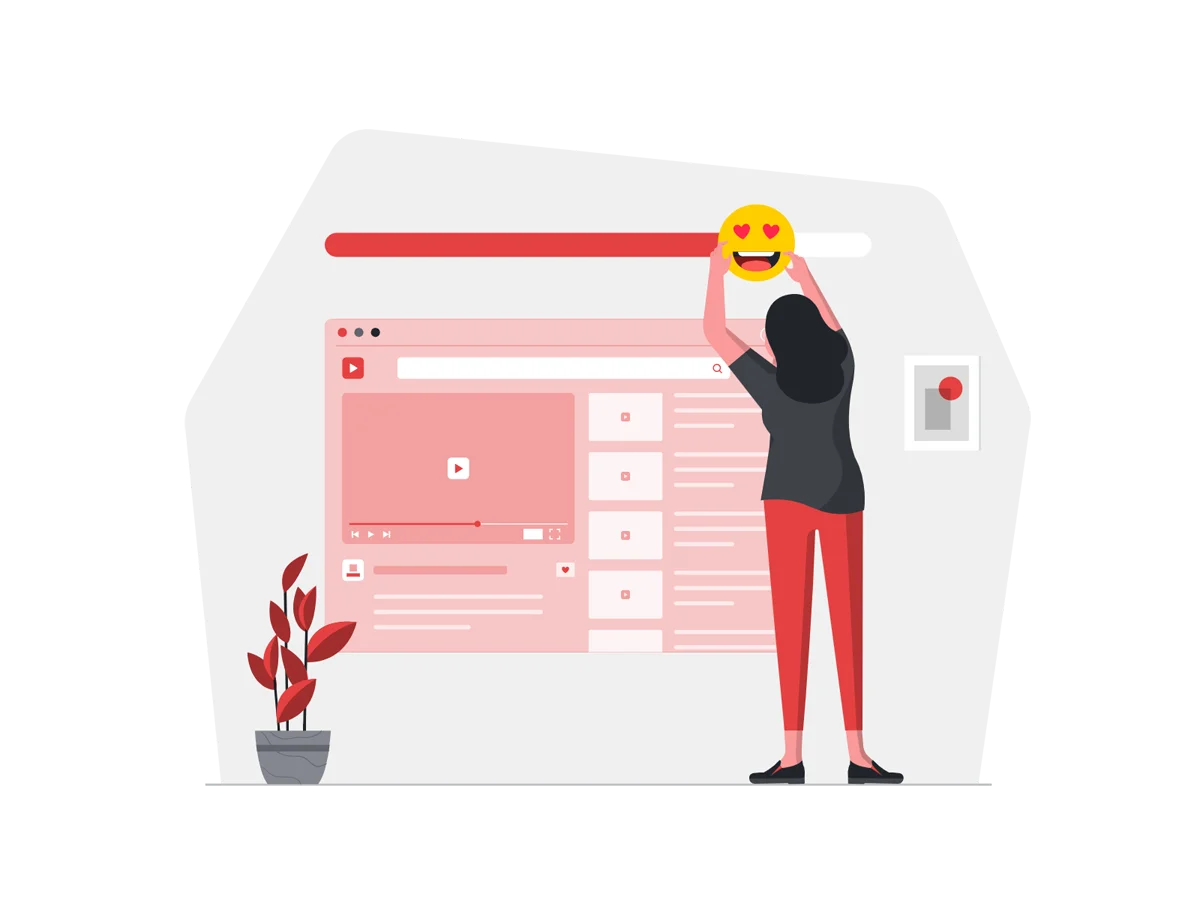
Question: What was your most significant accomplishment in your last position?
Explanation: When an interviewer asks this question, they are seeking to understand if the work you did in your most recent position aligns with the job requirements. Interviewers look for candidates who can help them accomplish one or more of three objectives: make money, save money, or save time for the organization. Your response to this question should demonstrate how you can accomplish this.
Example: “My most significant accomplishment in my last position was when I was able to re-engineer a manufacturing process to make it more efficient. I was tasked with reducing the number of steps it took to manufacture one of our products. I examined the process, spoke to some of the workers on the line, and reviewed the quality-control documentation. It became clear that there were several redundant steps in the process. By removing these, not only did I reduce the time it took to manufacture the product, but the overall quality increased, and we are unable to eliminate several quality-control checks. It also reduced the manufacturing costs and increased the profitability of the product.”
Question: When was the last time you received recognition or an award for work you did?
Explanation: Interviewers are always looking for proof that you accomplished a significant achievement or were recognized for some work you did in previous employment. Itvalidates you can achieve goals and that the work you’ve done is significant enough to receive recognition. Being able to provide this will increase the likelihood of you being hired for the position.
Example: “In my last role, I received several awards and recognition for my sales achievements. These included being recognized as Salesperson of the Quarter for three consecutive periods, being a member of the President’s Club for the last two years, and achieving the Rookie of the Year award during my first year with the company.”
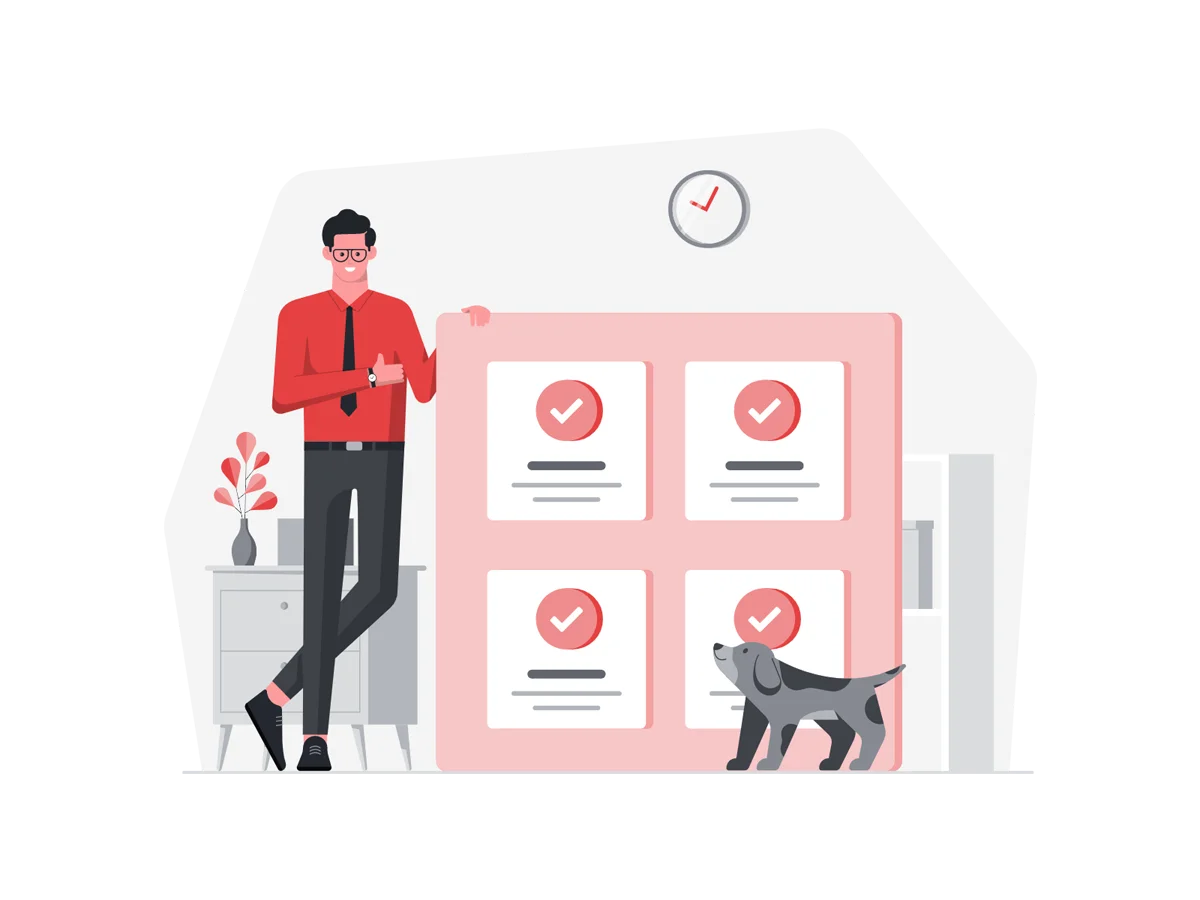
Additional Achievement Questions:
Can you discuss a time when you solved a problem creatively?
What is the accomplishment you are most proud of?
What is the biggest achievement in your life outside of work?
What is the single most important result you have achieved in your career?
When your career is over, what will you look back on as the most significant thing you achieved?
What professional contribution are you most proud of?
Tell me about a time when you went above and beyond to achieve an objective.
In your opinion, what is your greatest professional accomplishment?
Describe a time when you worked toward and achieved an important business goal.
If I were to ask your previous supervisor, what would they describe as your most significant contribution to their organization?

The key to nailing your interview – practice, practice, practice.
As with anything, practice makes perfect. The most common ways to practice are with in-person mock interviews or a list of questions. While these options are a great place to start, they can leave a lot to be desired.
Practicing with In-Person Mock Interviews and Question Lists
One way to get valuable interview practice is to set up in-person mock interviews. Unfortunately, they can be somewhat inconvenient. You have to find someone to conduct the mock interview, and schedule a meeting every time you want to practice.
Question lists offer a much more convenient way to practice interviewing. Unfortunately, they do little to recreate actual interview pressure. In a real interview you’ll never know what’s going to be asked and this is exactly what can make interviews so stressful.
Interview Simulators – The best of both worlds.
With interview simulators, you can take realistic mock interviews on your own, from anywhere.
My Interview Practice offers a dynamic simulator that generates unique questions every time you practice, ensuring you're always prepared for the unexpected. Our AI-powered system can create tailored interviews for any job title or position. Simply upload your resume and a job description, and you'll receive custom-curated questions relevant to your specific role and industry. Each question is crafted based on real-world professional insights, providing an authentic interview experience. Practice as many times as you need to build your confidence and ace your next interview.
| List of Questions |
In-Person Mock Interview |
My Interview Practice Simulator |
|
|---|---|---|---|
| Questions Unknown Like Real Interviews | |||
| Curated Questions Chosen Just for You | |||
| No Research Required | |||
| Share Your Practice Interview | |||
| Do It Yourself | |||
| Go At Your Own Pace | |||
| Approachable |
Our interview simulator uses video to record your responses, and recreates the pressure you would feel in a real interview. This also allows your to see how you perform and perfect your responses. You can then share your responses with colleagues and mentors so that you can get valuable feedback.
Get the free training guide.
See the most common questions in every category assessed by employers and be ready for anything.
Get the Guide

